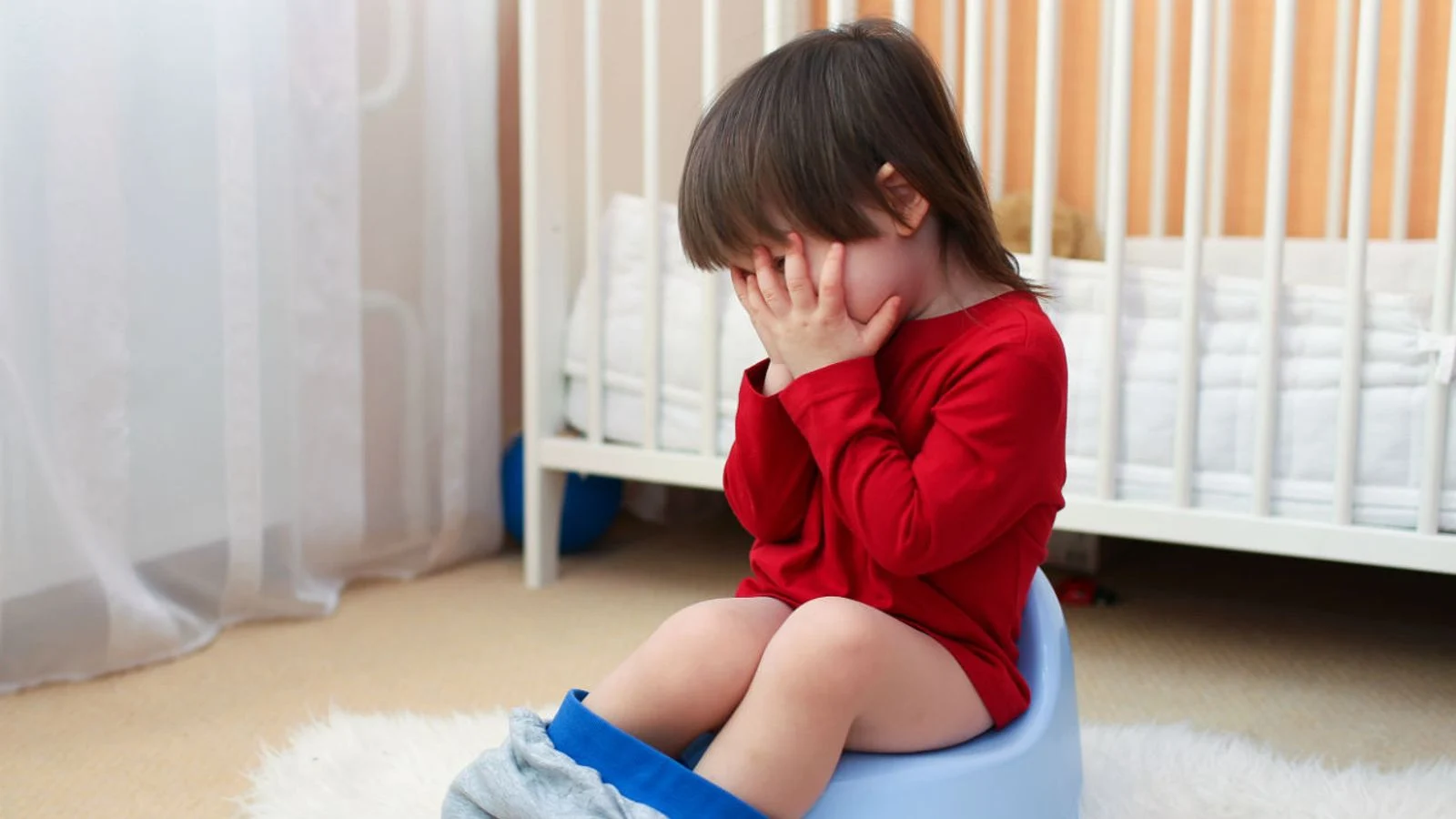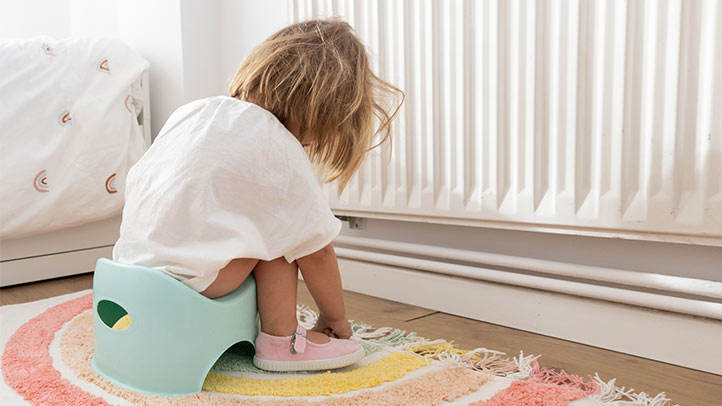Potty Training Trouble: Troubleshooting Tips for a Smooth Journey
Potty training is a monumental milestone for both toddlers and parents. It signifies a step towards independence and a newfound sense of accomplishment for your little one. However, the journey can be riddled with unexpected detours, like accidents, meltdowns, and sometimes, a flat-out refusal to use the potty. If you’re facing potty training trouble, take a deep breath! This is a common experience, and with the right approach, you can help your child navigate these challenges.
Recognizing Common Hiccups on the Path
Accidents are a natural part of potty training, but persistent issues can be discouraging. Here are some common challenges parents encounter:
Recognizing Common Hiccups on the Path: A Deeper Look
While the previous section listed common potty training challenges, a deeper exploration can shed light on the nuances of each issue and the underlying reasons behind them. Here’s a breakdown of each challenge:
1. Frequent Accidents:
- Developmental Readiness: This can encompass both bladder and bowel control. Some toddlers might mature faster in one area than the other, leading to inconsistent readiness. For example, a child who can hold their pee for extended periods might still struggle with bowel control, resulting in more frequent accidents.
- Cognitive Development: Understanding the concept of using the potty, following instructions, and communicating needs are crucial for successful potty training. If your child is still mastering these skills, they might have more accidents due to miscommunication or simply not understanding the process fully.
2. Holding It In:
- Fear of the Toilet: The toilet can be a scary and overwhelming place for some toddlers. The loud flush, unfamiliar sensation of sitting on the cold porcelain, or even the fear of falling in can lead them to hold their bowels to avoid using the potty.
- Dislike for the Process: Some toddlers simply dislike the feeling of being wet or dirty and might hold it in to avoid the discomfort associated with using the potty. This can sometimes lead to constipation, causing further discomfort and potential accidents.
3. Regression:
- Inconsistent Routine: Disruptions in routine, like traveling or changes in the caregiver, can cause regression in potty training. These changes can disrupt the established schedule and confuse your child, leading to accidents.
- Developmental Milestones: Sometimes, regression coincides with developmental leaps or new skills toddlers are learning. This can temporarily divert their attention and focus, leading to accidents as they forget about using the potty.
4. Refusal to Use the Potty:
- Fear of the Unknown: As mentioned earlier, the toilet can be a source of fear for some toddlers. The unfamiliarity with the process, the loud flush, or even the concept of letting go can be overwhelming and lead to refusal.
- Loss of Control: Potty training often involves giving up diapers, which can feel like a loss of control for some toddlers. They might resist using the potty as a way to assert their independence and maintain some sense of control.
Avoiding Mistakes That Can Derail Progress
While frustration is understandable, certain approaches can backfire. Here’s what to avoid during potty training trouble:
1. Forced Sitting:
- Negative Impact: Forcing a child to sit on the potty for extended periods can create a negative association with the entire process. This can lead to anxiety, resistance, and even holding their pee or poop further, ultimately hindering progress.
- Alternative Approach: Offer short and frequent potty breaks throughout the day, allowing your child to get on and off the potty as they please. Gradually increase the sitting time as they become more comfortable.
2. Scolding or Shaming:
- Negative Impact: Accidents are inevitable during potty training. Scolding or shaming your child for accidents can damage their confidence and self-esteem, making them feel embarrassed and discouraged to try again.
- Alternative Approach: Instead of negativity, focus on positive reinforcement. Celebrate successful potty attempts, no matter how small, with praise, stickers, or a simple reward chart. This creates a positive association with potty training and motivates your child to continue trying.
3. Comparing to Others:
- Negative Impact: Every child develops at their own pace. Comparing your child’s potty training progress to others can create unnecessary pressure, feelings of inadequacy, and discouragement. This can hinder their progress and self-esteem.
- Alternative Approach: Focus on your child’s individual journey and celebrate their unique milestones. Avoid comparisons with siblings, friends, or other children, as their development timelines will differ.
4. Giving Up Too Soon:
- Negative Impact: Potty training takes time, patience, and consistency. Getting discouraged by setbacks or early challenges and giving up too soon can delay overall progress and prolong the process further.
- Alternative Approach: View setbacks as temporary bumps in the road. Maintain a positive and encouraging attitude, and revisit the process when your child shows signs of being more developmentally ready. Remember, even small steps forward are still progress.
Effective Strategies to Get Back on Track
Now that you understand common challenges and how to avoid mistakes, here are some strategies to get your potty training journey back on track:
- Focus on Communication: Talk openly and positively with your child about potty training. Answer their questions honestly and address any fears they might have.
- Positive Reinforcement: Celebrate every success, no matter how small! Use praise, stickers, or a simple reward chart to motivate your child.
- Make Potty Time Fun: Decorate the bathroom with fun stickers or pictures. Read potty training books together or sing songs to make potty time more enjoyable.
- Be Consistent: Maintain a consistent potty schedule and routine. This helps your child’s body adjust and anticipate potty breaks.
Addressing Specific Potty Training Troubles: Tailored Solutions
Here are some targeted strategies to address particular potty training challenges:
- Frequent Accidents: If accidents are frequent, assess your child’s developmental readiness. You might need to take a break and revisit potty training later.
- Holding It In: Offer plenty of fluids throughout the day and encourage frequent potty breaks. A warm bath can sometimes help relax your child and allow them to go.
- Regression: Regression is normal. Revisit your routine, ensure a comfortable potty environment, and offer extra reassurance and support.
- Refusal to Use the Potty: Address any underlying fears and offer choices to empower your child. Focus on positive reinforcement and celebrate their efforts.
 Patience is Key: Remember, It’s a Journey, Not a Race
Patience is Key: Remember, It’s a Journey, Not a Race
Potty training is a journey, not a race. There will be setbacks and challenges along the way. However, with patience, understanding, and the right approach, you can help your child overcome potty training trouble and reach their goal.
Here are some additional tips to keep in mind:
- Trust your instincts: You know your child best. Adapt your approach based on their individual needs and temperament.
- Take breaks: If you’re feeling frustrated, take a break from potty training. Come back to it when you and your child feel refreshed and ready.
- Seek support: Talk to other parents, pediatricians, or childcare providers for additional advice and support.
By staying positive and focusing on your child’s progress, you can turn potty training trouble into a successful and rewarding experience for both of you. Remember, celebrate every milestone, big or small, along the way!





